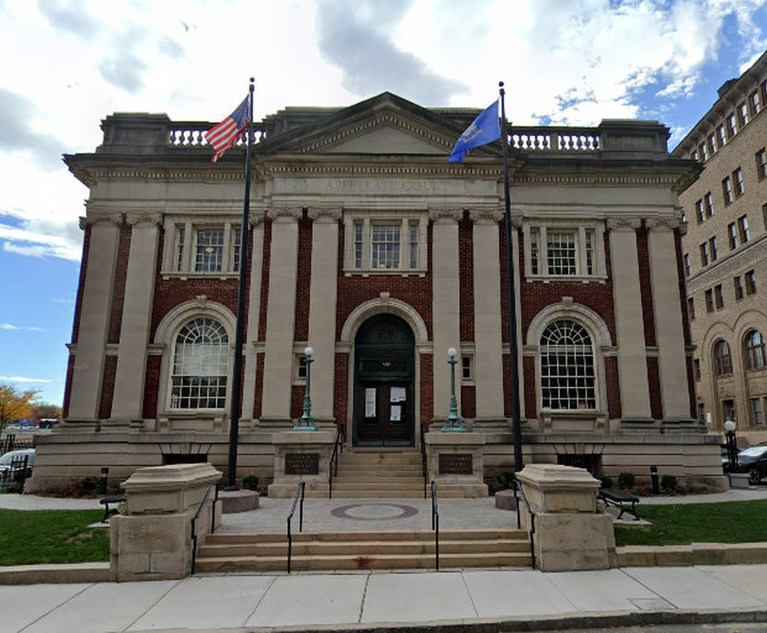With trials falling off the calendars and oral arguments postponed, small law firms across Connecticut are feeling the pinch as they look for ways to adapt to the new normal that is COVID-19.
Kelly Reardon, managing partner of New London-based The Reardon Law Firm, said that while the firm will not layoff staff under any foreseeable circumstance, she said “it could affect our bottom line down the road with regard to fewer settlements, and fewer trials or no trials.”
As far as her firm’s bottom line, Broder & Orland partner Lauren Healy said Monday that “while things might pause for a while, in the long run we are confident we can work through it.”
Both The Reardon Law Firm, which specializes in personal injury and medical malpractice law suits, and Broder & Orland, which specializes in family law, have a roster of 12 individuals, including attorneys and support staff.
The two firms are among hundreds of small law firms across the state coping with the economic effects of the coronavirus outbreak. Delayed trials and delayed settlements can often mean delayed legal fees, which can take a toll on a law firm’s bottom line.
Reardon said the firm has about 500 open cases, including about a dozen that were due to go to trial in March and April. It’s those cases, Reardon said, where the clients are nervous and there are a lot of questions being asked.
Reardon said the current status of the courts gives the insurance companies added leverage. While her firm’s lawyers and clients want to settle cases, the insurance companies often want to delay, Reardon added.
“I think that does give an advantage to the insurance companies, because it’s very difficult to negotiate without having the pressure of a trial that is imminent,” Reardon said Monday.
Reardon said a big challenge she and her firm’s fellow attorneys face deal with depositions.
“Depositions are a little bit challenging,” Reardon said. “Typically, we have anywhere from two to eight depositions every week and, we have offered to defense counsel in numerous cases to do this remotely with people in different locations. All have declined. They give different reasons for declining, but the reason we here most is that they prefer to do depositions in person.”
The end result, Reardon said, is that “cases will sit and stagnate.”
Healy said her clients are under an increasing amount of stress because many of them are going through divorce proceedings and are faced with a new reality: More time with their soon-to-be ex-spouse.
“If you think about it, these litigants are living together during divorce proceedings. Not only are they living together, but, now, they are stuck together until their case can move forward,” Healy said. “A lot of times, parties need space but these circumstances do not afford those parties the space they need. It’s in your face and in your space for the foreseeable future.”
If the courts remain closed for an extended period of time, couples that had wanted a judge to resolve their issues might have to do so without that benefit, Healy said.
“We triage as much as we can in getting immediate issues resolved,” said Healy, who noted that family law attorneys will have an added job responsibility the longer the courts remain closed: therapist.
“We have become therapists for our clients concerns,” Healy said. “Now is not the time to take a hard-line approach if the situation doesn’t warrant it. Without having a judge decide your case for what could be months, you need to be creative, collaborative and instructive with your clients.”
Related stories:
No Oral Arguments Next Week at Connecticut Supreme Court Amid COVID-19 Precautions
What Lessons Lawyers Can Learn From Week One of Working From Home
NOT FOR REPRINT
© 2024 ALM Global, LLC, All Rights Reserved. Request academic re-use from www.copyright.com. All other uses, submit a request to [email protected]. For more information visit Asset & Logo Licensing.


 Lauren Healy, left, a partner with Westport and Greenwich-based Broder & Orland, and Kelly Reardon, managing partner of the New London-based The Reardon Law Firm. Courtesy photos
Lauren Healy, left, a partner with Westport and Greenwich-based Broder & Orland, and Kelly Reardon, managing partner of the New London-based The Reardon Law Firm. Courtesy photos






